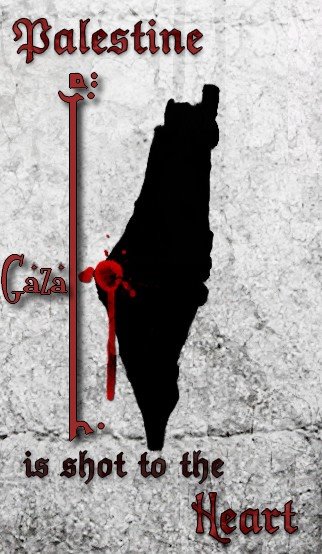Album : Nikriz
♪
Artists :
Hassan Erraji and Arabesque
حـــســـن إيـــراج بــــرفـــقــة أرابـــيــــســك
Hassan Erraji, Ud
Piere Narcisse, Drums
Jean Demey, Elec.bas
♪
Melodies :
.-(1)-. Nikriz
.-(2)-. Janarbi
.-(3)-. Farhat Chaab
.-(4)-. Thrikraiat Al Andalous
.-(5)-. Baina Nakhil
.-(6)-. Hijaz
.-(7)-. Sonaf Khamsa
♪
♪ Download From Here ♪
♪
Hassan Erraji is a sightless master musician and a prolific composer and singer songwriter. He was born in Tazart, a village near Marrakesh, in Southern Morocco. He has made music from an early age. As a boy he made his first instrument from a tin can and a piece of wood, with bicycle brake cables for strings.
As a teenager, he performed with folk bands, then later he took up the oud (fretless Arab lute) and studied Arab music theory. He graduated from le Conservatoir Municipal de Casablanca, before moving to Belgium where he studied the violin and European classical music at L'Academie de Music de Woluwe St. Lambert in Brussels.
His main stage instrument is the oud, but he is also accomplished with hand-drums, the qanun (harp-zither), the nay (end-blown bamboo flute), and the violin, and other instruments. His performances are enhanced by his interesting and fluent vocals.
He now performs throughout Great Britain and Europe, either solo or with his trio Arabesque, and has recorded several CDs. His music has also been used in film, video, radio and TV productions.
Arabesque
Led by Hassan, Arabesque plays the music of the Arab countries, especially Morocco, with influences from jazz and other third world traditional music.
Thanks to the versatility of its talented musicians, all of whom can play several instruments, Arabesque provides a successful and interesting blend of sounds and styles,including solos, tunes and songs of a diverse nature.
Alongside the flute, the clarinet, the saxophone, the bass and the cello, Arabesque also uses traditional instruments like the oud, the dabruka, the bandir and the nay, and also the most universal of all instruments, the human voice.
Arabesque performs in a wide variety of situations, including festivals, arts centres, jazz and folk venues, and private parties.
"Hassan and his two musical colleagues have fired my musical imagination more than any others in the last decade. Their music is so alive, so vibrant, so exciting ? the sort of music I feel I want to shout about from the rooftops for the whole world to hear" - Keith Hudson - Taplas
"From the word go, Arabesque virtually exploded into life bringing together two seemingly irreconcilable musical idioms; the ancient traditional music of the Arab world and modern improvised jazz. But these guys didn't just bring them together, they created a total synthesis, a total fusion, a total meltdown of ideas and styles resulting in an unbelievably vibrant cohesiveness" - Folk Roots





























































































